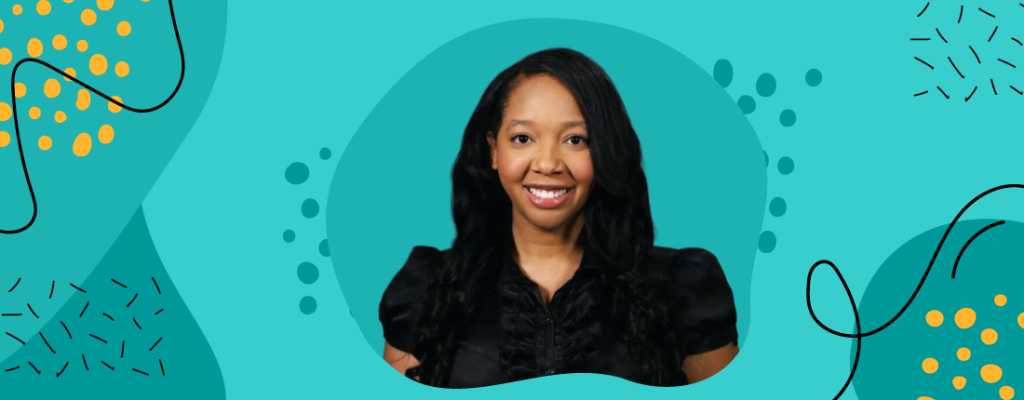We are in 2022 and unfortunately we still get news of hate crimes towards the Black community. On 14th of May, a white gunman shot and killed 10 people in a supermarket inside a predominantly black community area in Buffalo. Social media posts on Discord and 4Chan showed he was planning the attack since March and he was clearly considering that area, which has a higher black population than the other locations he considered. The whole thing was even streamed live on Twitch.
We, as marketers, have the obligation to mitigate racial-biased information and to promote racial diversity in the content we create and among the professional landscape. Consumers across the world are becoming increasingly aware of Diversity, Equity and Inclusion (DEI) topics. A McKinsey survey found out black consumers are willing to pay more and prioritize brands that meet their needs.
To talk more about it, Rock Content invited Natalie Gullatt, founder and president of the Black Marketers Association of America (BMAA) and Marketing Manager at Hubspot, to have an interview. She also recently finished serving as the President of the Caucus of Emory Black Alumni (CEBA) and the Director of Marketing for the National Black MBA Association, Atlanta chapter.
Rock Content: What has changed in the recent years regarding black people in advertising and Marketing?
Natalie Gullatt: Since 2020, companies are seeming to work towards including black consumers in their target personas in Marketing. Because of this, there has been a demand for more black marketers to be hired and the talent is wanted. Sadly, the Marketing industry has not quite figured out how to really elevate and value black marketers.
RC: What, in your opinion, needs to be done in order to include more black people in Marketing, specially in decision-making positions?
NG: I think one of the first things that organizations can do is to standardize their qualifications for Marketing talent. For example, if there are certain pay bands for certain roles, have experience “bands.” A Marketing specialist experience could be 1-4 years, and a manager could be 5-8 years.
Having some standards and being transparent not only helps eliminate bias but it also holds companies accountable. Another thing companies can do is to value Marketing talent’s industry knowledge.
RC: What challenges do black people face in the job market?
NG: There are always challenges in searching for a job but the challenges black professionals face are additionally stressful. From unconscious biases because of different experiences being valued differently, to microaggressions, it can be tough as a black professional to be successful.
One way to help change this is to sponsor black professionals, bet on black. Take a chance on high potential black professionals who have different experiences and don’t look for the unicorn candidate.
If you or your company isn’t hiring, sponsor a black professional going to a conference, sponsor them speaking, sponsor an industry course, because that’s how we all can work to create systemic change.
RC: What impact did the Black Lives Matter movement have in the Marketing industry?
NG: Like most of America during the height of 2020 and the murder of George Floyd, companies began to make public statements and commitments to addressing the long standing problems of racism.
For the first time, to my knowledge at least, everyone was saying they were committed to making the statement “Black Lives Matter” true. BUT that’s not necessarily a great thing.
Statements are a start but they’re not enough and can seem disingenuous. The great thing about the increased awareness is that in two years, so many initiatives have evolved. So, companies can make an impact on the Marketing industry for the better.
RC: What impacts do organizations like the Black Marketers Association of America (BMAA) and the African-American Marketing Association (AAMA) have to foster black representativeness in the industry?
NG: Prior to 2017, there wasn’t a dedicated black professional organization for marketers, so it’s amazing to have so many options now.
One of the first priorities of black professional organizations like BMAA is to be a community, safe space and to empower black marketers to be the best marketer they can be and be leaders if they choose to be. Organizations like these help eliminate the question: “where is the black talent?”
This interview is also in the new issue of Rock Content Magazine, released this August. In this issue we bring incredible content about diversity, inclusion and accessibility, an extremely important topic for brands and society today. You can download the magazine here, it’s completely free! Good reading!

![[EN] RCM#6](https://rockcontent.com/wp-content/uploads/2022/08/08_03-E-mail-Banner-03-1-1.png)





